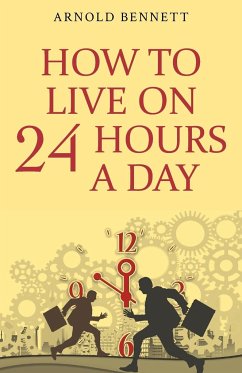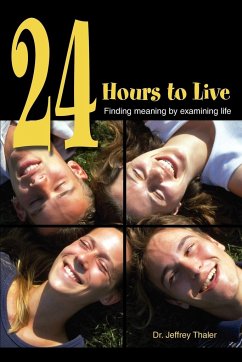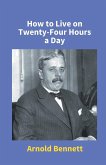You have to live on twenty-four hours of daily time. Out of it you have to spin health, pleasure, money, content, respect, and the evolution of your immortal soul. This timeless classic is one of the first self-help books ever written and was a best-seller in both England and America. It remains as useful today as when it was written, and offers fresh and practical advice on how to make the most of the daily miracle of life.








